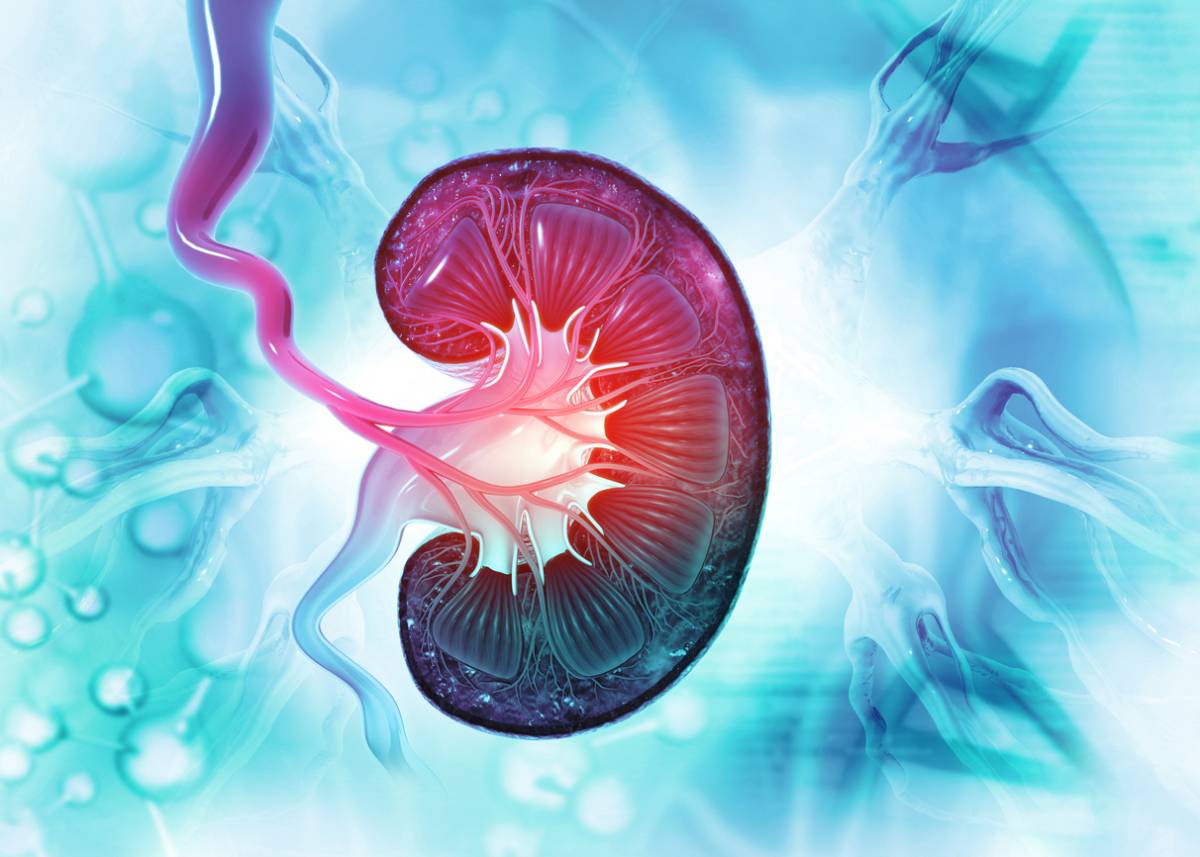Medical terminology can be difficult to understand for those who aren’t in the medical field. For those who have been diagnosed with a kidney issue, this can feel overwhelming. You may wonder, kidney vs renal: what’s the difference? Continue reading to understand the differences and similarities between the two words.
Kidney vs Renal: What’s the Difference
Kidney and renal are two terms used often in the medical field. You may wonder what the difference is and when you should use which word. Below you will find more information about the terms, including when and how they should be used.
Summary of Terms
Your kidneys are a vital organ that plays a critical role in your overall health. They filter waste from your blood, balance your electrolytes, and regular your blood pressure. Renal is often used as an adjective, while kidney is used as a noun. The words kidney and renal are often used interchangeably. Both kidney and renal are used to reference the same organ. Renal is derived from the Latin word, “ren,” and is used when discussing things like “renal failure” or a “renal transplant.” While renal and kidney refer to the same organ, renal is most often used to describe conditions or procedures relating to the kidneys.
Words Matter With Patients
Medical professionals spend years in college and their residency. Their understanding of medical issues surpasses the average person by leaps and bounds. One of the impacts of having a high level of education when it comes to medicine is using words that may not translate to the average person. This can be highly problematic as patient education and understanding is integral to making an informed decision about their care.
Because of this, many medical professionals suggest using kidney instead of renal when communicating with patients. This is because the average person likely won’t understand “renal failure” as well as “kidney failure.” Providing patients with understandable vocabulary when it comes to their health is key. This is why many medical providers avoid using kidney and renal interchangeably. Using kidney instead of renal is accurate and can effectively communicate information to the patient.
Patient-Centered Medical Care
Providing patient-centered medical care is integral to the health outcomes of the patient. This is why language matters when it comes to communicating information to them about their medical diagnosis. This is because patients can often be overwhelmed by the new information and vocabulary associated with their medical condition.
While patient-centered care revolves around effective communication, this should not be transferred to the professional world. In fact, among medical professionals, it is beneficial to use precise medical language. Therefore, in scholarly articles, presentations, clinical practice, or other academic or clinical activities, accurate medical and technical terms should be used. This is why it is critical for medical professionals to understand complex medical terminology, in addition to knowing how to effectively communicate that information to patients.
Treatment for Acute Kidney Injury
If you are struggling with your kidney health, it’s important to contact a kidney health expert. Acute kidney injury occurs when your kidneys stop functioning the way they should. This can be harmful to your kidney and overall health. Your kidneys play a vital role in your overall health so it’s crucial to seek medical treatment if you have any of the symptoms of acute kidney injury.
Common symptoms include little to no urine when trying to go to the bathroom, swelling in your lower extremities, lower back pain, loss of appetite, fever, nausea, or vomiting. Contact a kidney specialist for treatment for acute kidney injury if you experience any of the aforementioned symptoms.

